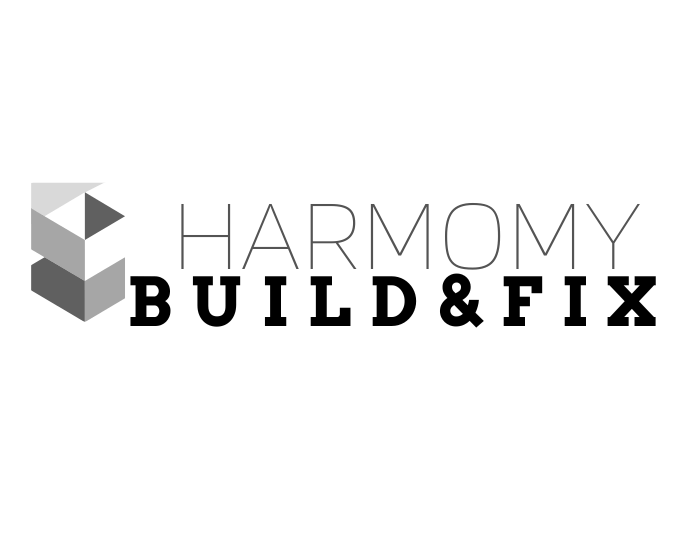
Choosing the best boilers, radiators, and Hot water for homes and commercial properties.
Choosing best boilers, radiators, Hot water for homes and commercial property
Choosing the best boiler, radiators, and hot water system for your home or commercial property depends on several factors, including:
Your needs:
Fuel type: Do you have access to mains gas, oil, LPG, or electricity? Consider the availability, cost, and environmental impact of each option.
Hot water demand: How many people will be using the hot water and how often? Larger households or commercial properties may need a system with a higher hot water output.
Heating requirements: How large is the space you need to heat? What type of insulation does it have? Consider the energy efficiency of the system and its ability to meet your heating needs.,/p>
Here’s a general guide to choosing the best options for different needs:
For homes:
Boilers:
- Condensing gas boilers: The most common and energy-efficient option for homes with access to mains gas. They capture waste heat, reducing energy bills and emissions.
- Electric boilers: A good option for homes without access to mains gas, but can be less efficient than gas boilers. Consider air source heat pumps for improved efficiency.
- Oil boilers: Less common but can be a good option in rural areas without access to mains gas. Regular maintenance is required.
Radiators:
- Panel radiators: The most common and affordable option. Available in various sizes and styles.
- Column radiators: More traditional and stylish, but can be less efficient than panel radiators.
- Designer radiators: Offer a wide range of styles and finishes, but can be expensive.
Hot water:
- Hot water cylinders: Store hot water heated by the boiler. Indirect cylinders are heated by the boiler’s central heating loop, while direct cylinders have their own immersion heater.
Hot water cylinder
Boilers:Unvented hot water cylinders: Store mains pressure hot water, eliminating the need for a cold water storage tank. Uniquely for large properties with need for high hot water flows. Require additional safety features and regulations.
Combi boilers: Combine the functions of a boiler and hot water cylinder in one unit, saving space and potentially reducing energy costs.
For commercial properties:
Commercial gas boilers: Similar to domestic boilers but larger and more powerful. Can be single or multiple units to meet higher heating demands.
Commercial oil boilers: Similar to domestic oil boilers but larger and more powerful.
Image of Commercial oil boilerOpens in a new window
Biomass boilers: Burn wood pellets or other biomass fuels for a more sustainable heating option. Require more space and maintenance than gas or oil boilers.
Heat pumps: Extract heat from the air or ground to provide heating and hot water. An energy-efficient option but may not be suitable for all climates or heating demands.
Radiators:
High-output radiators: Designed for large spaces with high heating demands.
Underfloor heating: Provides even heat distribution and can be more energy-efficient than traditional radiators. Requires specialist installation.
Combined heat and power (CHP) systems: Generate electricity and heat simultaneously, improving energy efficiency.
Additional factors to consider:
Energy efficiency: Look for boilers and radiators with high energy efficiency ratings (e.g., ErP A-rated) to save money on running costs and reduce your carbon footprint.
Renewable energy: Consider integrating renewable energy sources like solar panels or heat pumps into your system.
Maintenance: Choose a system that is easy to maintain and has readily available parts
Warranty: Look for a boiler and radiator system with a long warranty for peace of mind
It’s always best to consult with a qualified heating engineer who can assess your specific needs and recommend the best system for your home or commercial property. They can also provide quotes for installation and maintenance.
